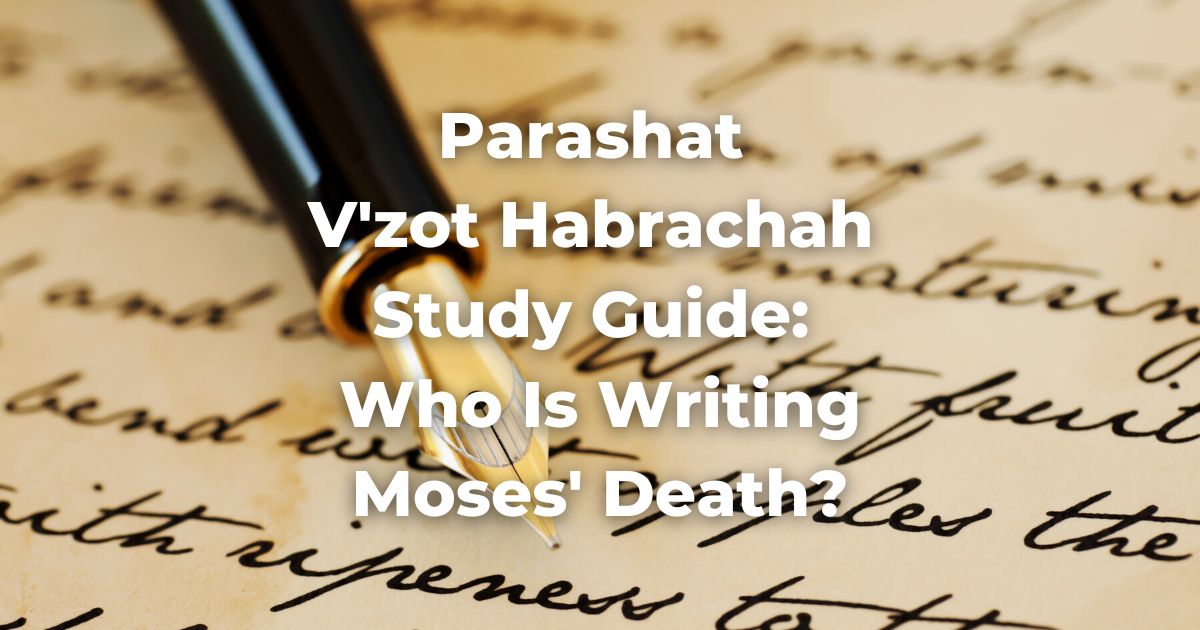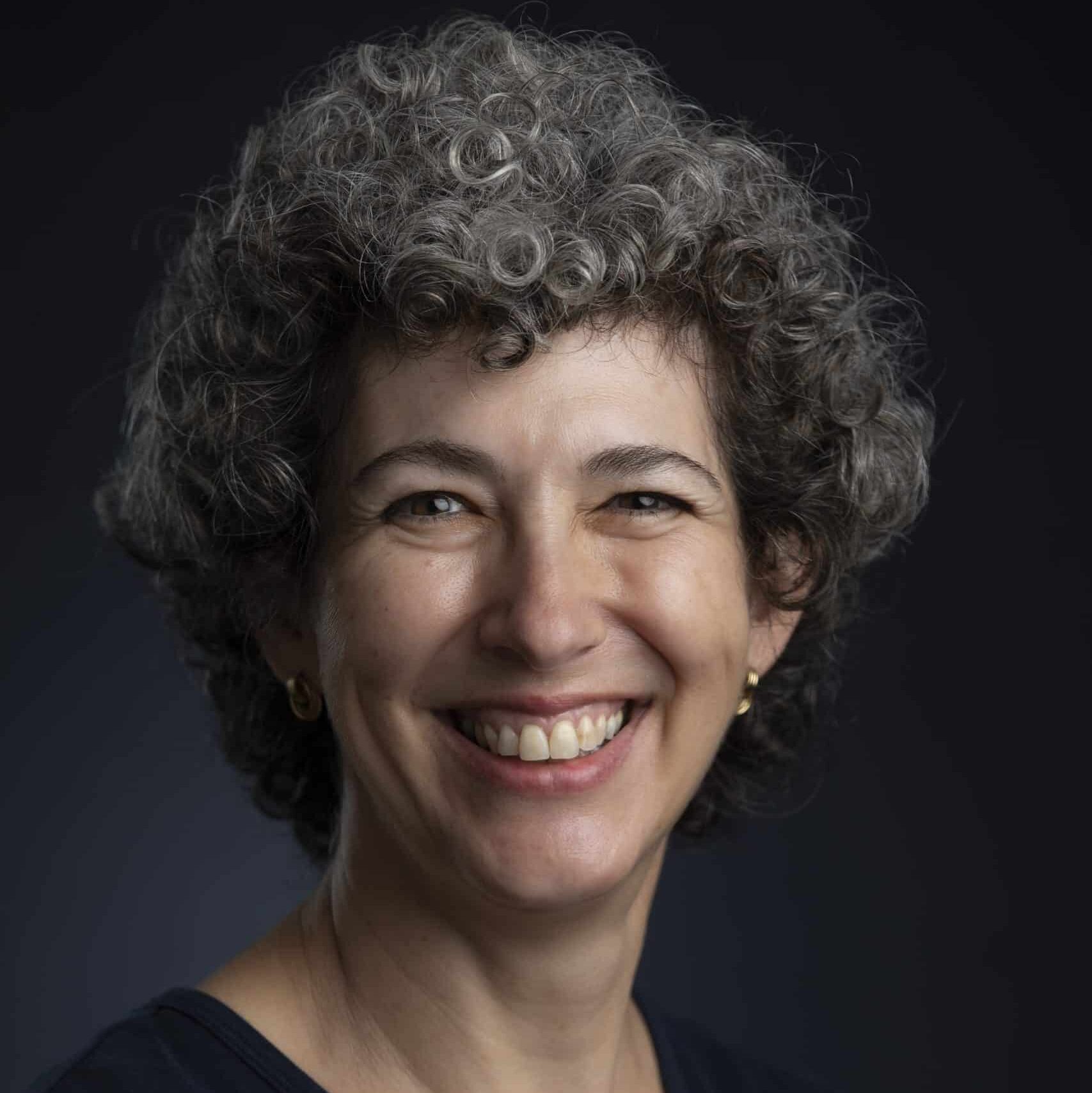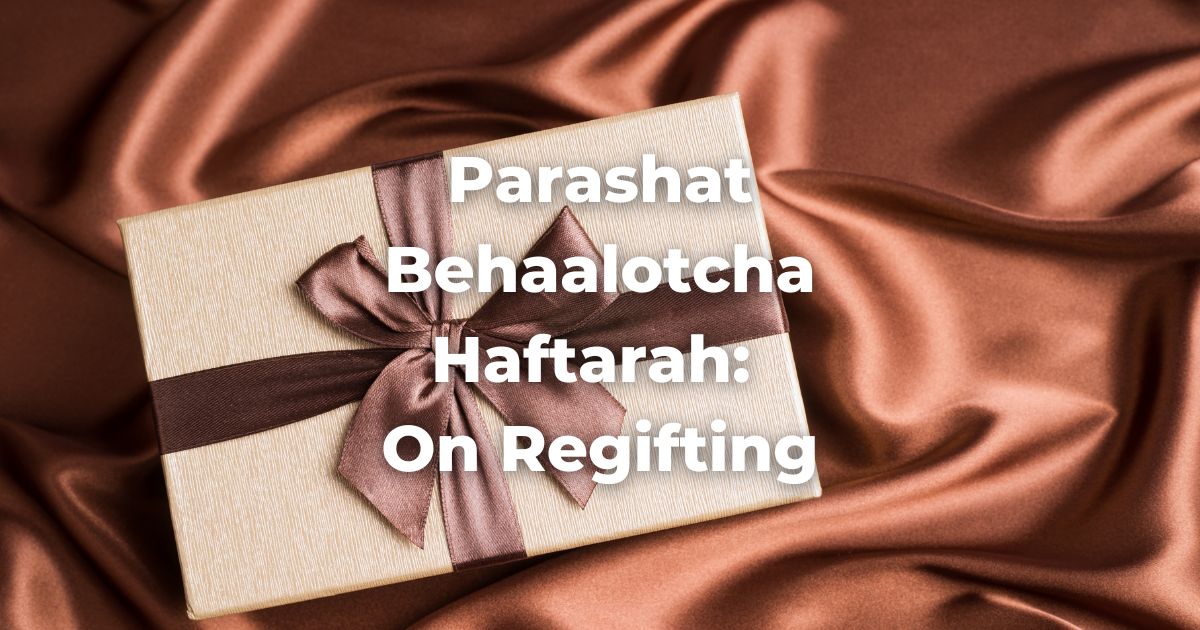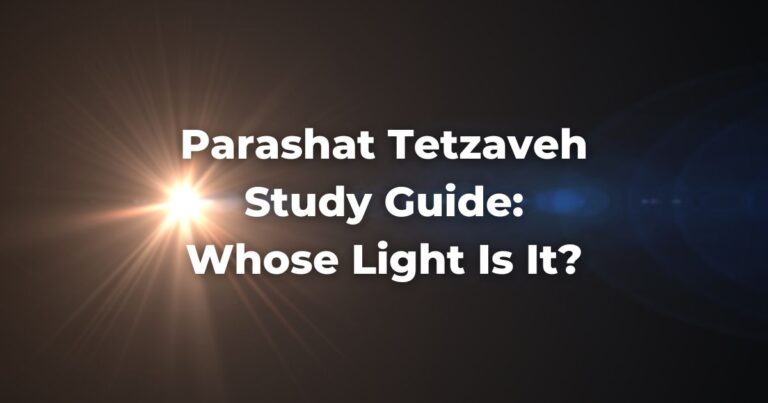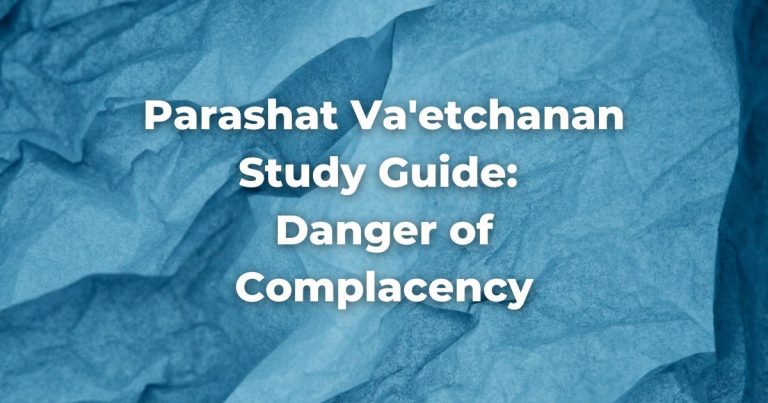Vezot HaBracha, the last parasha of the TorahRefers to the first five books of the Hebrew Bible, the Tanakh, also called the Five Books of Moses, Pentateuch or the Hebrew equivalent, Humash. This is also called the Written Torah. The term may also refer to teachings that expound on Jewish tradition. Read more, is read on Simchat Torah.
Text: Devarim 34:5
And Moshe, the servant of the LORD, died there in the land of Moab, according to the word of the LORD.
- How is Moshe described? Why define him as such now?
- This verse and what follows raises some technical questions considering the content of this section. How would you formulate the technical difficulty? What are its wider implications for the traditional view of Torah authorship/writing?
Commentary: Rashi on Devarim 34:5
And Moshe died there—Is it possible that Moshe died, yet wrote: “And Moshe died there”? Rather, thus far did Moshe wrote, from here and onward Joshua wrote. Rabbi Meir said: But is it possible that the Book of the Torah would be lacking anything at all? For it was already stated (Deuteronomy 31:26): “Take this book of the Torah” (implying Moshe had completed it already)! Rather, the Holy One blessed be He said this, and Moses wrote it in tears.
- Rashi opted for one of the 2 opinions in the TalmudReferring to one of two collections, the Jerusalem and Babylonian Talmuds, edited in the 6th century, that contains hundreds of years of commentary, discussion, and exploration of the ideas in the Mishnah. One could describe it as Mishnah + Gemara = Talmud Read more regarding who wrote the last 8 verses (from this point onward.) The opinion that Rashi does not bring states that Joshua wrote these last verses. What is the advantage of each opinion? How does each opinion portray the relationship of Moshe and God? How does each opinion impact your reading of the closing of Moshe’s life?
Commentary: R. Samson Raphael Hirsch on Devarim 34:5
[In recording the Torah] Up to this point the Holy One blessed be He says [the words], and Moshe says [the words] and writes, but from here onward the Holy One blessed be He says, and Moshe writes in tears.” This statement (Bava Batra 15a) may contain the following idea: What Moshe wrote so far was said for him to pay attention to as well, therefore he repeated every word of it for his own sake, and then wrote it down for the people. But the content of these 8 verses belong to a time past his life, there is nothing in them that he must pay attention to… therefore these he wrote only as a necessity, according to the word of the LORD. He wrote them for the sake of his people, and in tears.
- Hirsch carefully reads the Talmudic statement regarding the process of Moshe recording the Torah in writing. What word disappears from the description of Moshe’s actions when he gets to the last 8 verses? Why?
- What pedagogic process does Hirsch detect in Moshe’s method of recording the Torah? What is the value of Moshe’s oral repetition of the Torah before recording it in writing for the people?
- Based on Hirsch’s reading, why is Moshe writing in tears? What part of the process are the tears replacing?
See more: Parashat V’zot Habrachah
Originally posted as part of the Conservative Yeshiva at the Fuchsberg Jerusalem Center’s Torah Sparks. Support Torah learning from the Fuchsberg Jerusalem Center/Conservative Yeshiva for leaders and seekers around the world here.
Authors
-

Vered Hollander-Goldfarb teaches Tanach and Medieval Commentators at the Conservative Yeshiva and is a regular contributor to Torah Sparks, FJC’s weekly message on the weekly Torah portion. She received her M.A. in Judaic Studies and Tanach from the Bernard Revel Graduate School of Yeshiva University and studied at Bar-Ilan University and the Jewish Theological Seminary. Before making aliyah, Vered taught at Ramaz School and Stern College in New York.
View all posts -



The Fuchsberg Jerusalem Center (FJC) is a home in the heart of Jerusalem where leaders and seekers can find an authentic place in Jewish tradition to call their own. FJC offers opportunities to study, pray and explore within an egalitarian and inclusive setting, creating multiple pathways for finding personal and communal meaning.
View all posts

